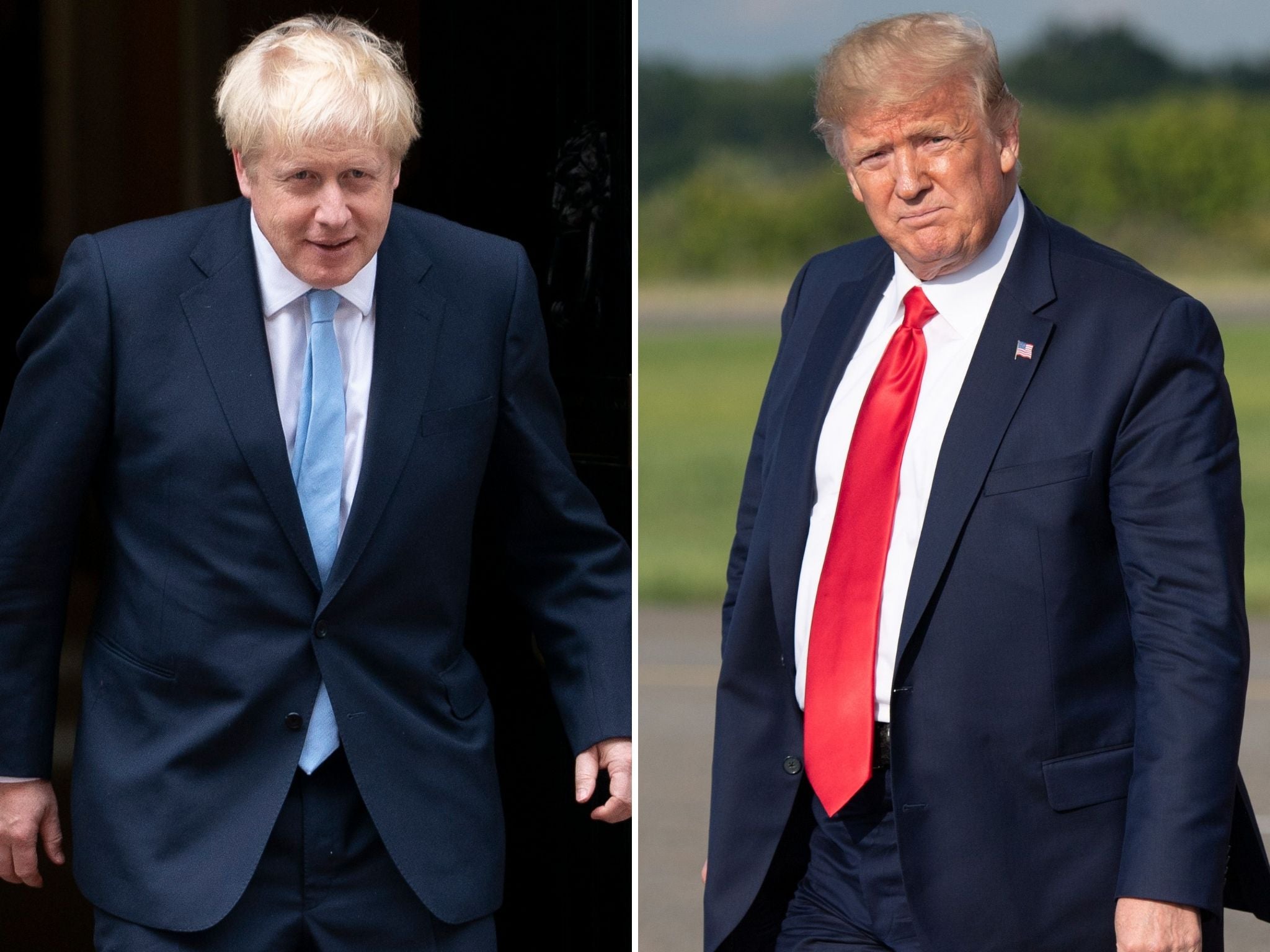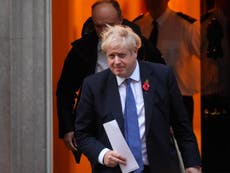It's been 30 years since the fall of Bulgarian communism, and now we're all facing similar challenges
If there is one thing we can learn, decades after the exhaustion of Bulgaria’s socialist regime, it’s that nothing lasts and if we don’t pay attention, history gets overwritten


I recently had the privilege of accompanying a Bulgarian friend to his citizenship ceremony here in London. Despite the tacky taste of awkwardness that regurgitates with most forms of public rituals, I was surprisingly moved by it all.
To welcome such a diverse group of individuals with open arms and to have them form an orderly queue and charge them £20 for an official photo produced by a bright red printer. A remarkable introduction to life as a Brit, and yet, all stemming from the most anti-British and bizarre of all things – Brexit. Many of my Bulgarian friends now hold British passports. Some of those passports have had the words ‘European Union’ erased.
Ironically, if it wasn’t for the EU, none of them would have become British citizens today.
Those passports are like palimpsests – multi-layered records, in which the writing is partially erased. But with time, traces of the original text begin to reemerge. Palimpsests, like Brexit and post-socialism, are funny things. You get to start with a clean sheet by recycling old text and superimposing new meaning on it. But in the end, all you’ve done is paradoxically preserve the original layer.
The Berlin Wall today, too, is nothing more than a fragmented palimpsest, in various stages of decay, scattered across the world. There’s even a wall panel exhibited in Sofia that someone recently spray-painted a new layer of graffiti on.
To think that 30 years ago this Sunday, a day after the Berlin Wall fell, Bulgaria’s suffocating socialist regime crumbled. That until 30 years ago, my father had never set foot outside Bulgaria. That 30 years ago I was born in a world entirely different from the one a year before. A world of choice and options, a world of Cartoon Network and McDonald’s.
A world in which the old grey prefabricated mass housing projects in Bulgaria, a gift from the Soviet Union, burst out in technicolour. Each flat owner painting over their facades to distinguish it from a neighbour’s, to stand out, to be recognised. Today, what used to be a blanket of homogenous concrete covering the Sofia cityscape resembles a giant DIY mosaic palimpsest.

Like the colourful facades, Bulgaria’s transition to democracy is also palimpsestuous. Meaning is layered and recycled. It’s comically fitting, too, that Bulgaria today has some of the highest recycling rates in the EU.
Thirty years ago, the narrative of democracy was introduced, tried, and tested by the same clique of people who ruled under socialism. Unlike Central European nations, where mass protests brought their regimes down, a palace coup spelt the end of Todor Zhivkov’s 33-year dictatorship. And just like that, power and wealth were recycled among a select few.
The story about democracy was rewritten again when its former tsar, Simeon Saxe-Coburg-Gotha, returned in 2001, only to renounce his title and be crowned prime minister. He was eventually succeeded by the current prime minister – Boyko Borissov (who – and you can’t make this up – was once Todor Zhivkov’s bodyguard).
Bulgaria is rich in examples like this – far-right groups stoking fear and fragmenting votes on xenophobic platforms wrapped in patriotism, only for their leaders to pop up in Moscow, criticise ‘the West’, and praise Vladimir Putin. Or the time in 2014 when an oligarch, Delyan Peevski, was appointed the head of the National Security Agency, causing the largest and longest mass protests in two decades.
In an old 1984 essay called The Tragedy of Central Europe, Milan Kundera writes of the cultural heritage that strings Europe together. Europe not as geography, but as shared identity. Kundera recalls a statement the Hungarian news agency director issued on the eve of the Prague Spring. That message ended with the prophetic words: “We are going to die for Hungary and for Europe.”
For Kundera, Bulgaria, then, was too far east to share the cultural heritage of Kafka or Freud or the resolve of the news agency director. Europe was not Bulgaria’s to strive for. And yet, after all that, it is the Bulgarian political playbook that these nations seem to be following. From Poland and Hungary’s recycled "illiberal democracies" to Britain’s catastrophic Brexit proceedings and America under Trump. All reliant on thirst for authoritarian power that has replaced the pledge of the news agency director.
There’s a famous Bulgarian song from the 1980s, secretly set to the melody of ‘Let it Be’, which begs the question ‘how are we going to catch up with the Americans’? If there is one thing we can learn, 30 years after the exhaustion of Bulgaria’s socialist regime, it’s that nothing lasts and if we don’t pay attention, history gets overwritten. And pretty soon, you start asking the question when will America - or the UK, Hungary, etc. – catch up with Bulgaria.
Things can change so quickly that Bulgarians are now getting UK passports with the words Europe and Union erased from them. Who would have predicted that 30 years ago, when the end of the Cold War spelt the so-called end of history? In the end, it turned out to be just another palimpsest. And if there’s one thing we know about palimpsests and passports is that they have no final form and can be rewritten again.


Join our commenting forum
Join thought-provoking conversations, follow other Independent readers and see their replies